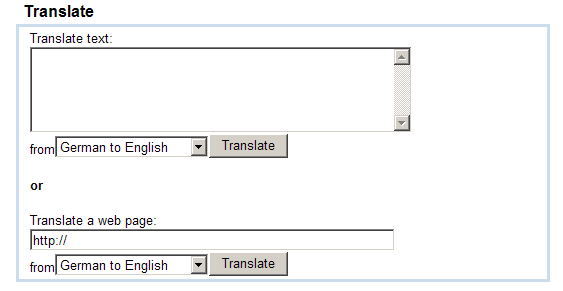There are certain barriers that can affect how well you communicate
with other people. These barriers aren't impossible to overcome but some skills
are needed to help communicate fluently without issues.
Cultural differences
If you are from a different ethnic culture it is important
to understand the values of the opposing individual or groups you are
communicating with. Miss communication due to cultural differences can have a
huge impact on cultural differences. For example, if an investor from Dubai was
interested in investing in an organisation based in the UK and the organisation’s
representatives could not speak Arabic there will be a lot of miss understanding
between them.
Dialects
 There are other barriers that are a problem also such as
dialects. A dialect is how you speak, it can vary from your accent i.e. How you
pronounce something and the phrases you use, for example; slang terms. A lot of
countries have different regions which can cause confusion, if someone from
Manchester spoke to someone from Liverpool, although the two cities are close
there is a huge difference in how they communicate with one-another.
There are other barriers that are a problem also such as
dialects. A dialect is how you speak, it can vary from your accent i.e. How you
pronounce something and the phrases you use, for example; slang terms. A lot of
countries have different regions which can cause confusion, if someone from
Manchester spoke to someone from Liverpool, although the two cities are close
there is a huge difference in how they communicate with one-another.
Meanings
There are many words that have many definitions or are spelt
differently and sound the same when pronounced. For example, “Sea” and “see”
they are two separate words and mean two different things but are pronounced
the same. A great examples of this is the old TV show “The two Ronnie’s”
Two Ronnie’s example: http://www.youtube.com/watch?v=BDslCUk6aE8
This suggests being more specific when communicating. In
this sketch the customer asks “Got any o’s?” but the shopkeeper interrupted it
as if he said “Hose” This shows miss understanding although the pronunciation
was correct.
Group speaking
If you are speaking to a group it is also important that you
speak clear and pronounce words correctly and speak relevant to the audience.
For example if you are speaking to a group of young children it is important to
speak slowly, clear and use small words that they would understand. If you were
to speak to a university student, using complex words would not be an issue.







